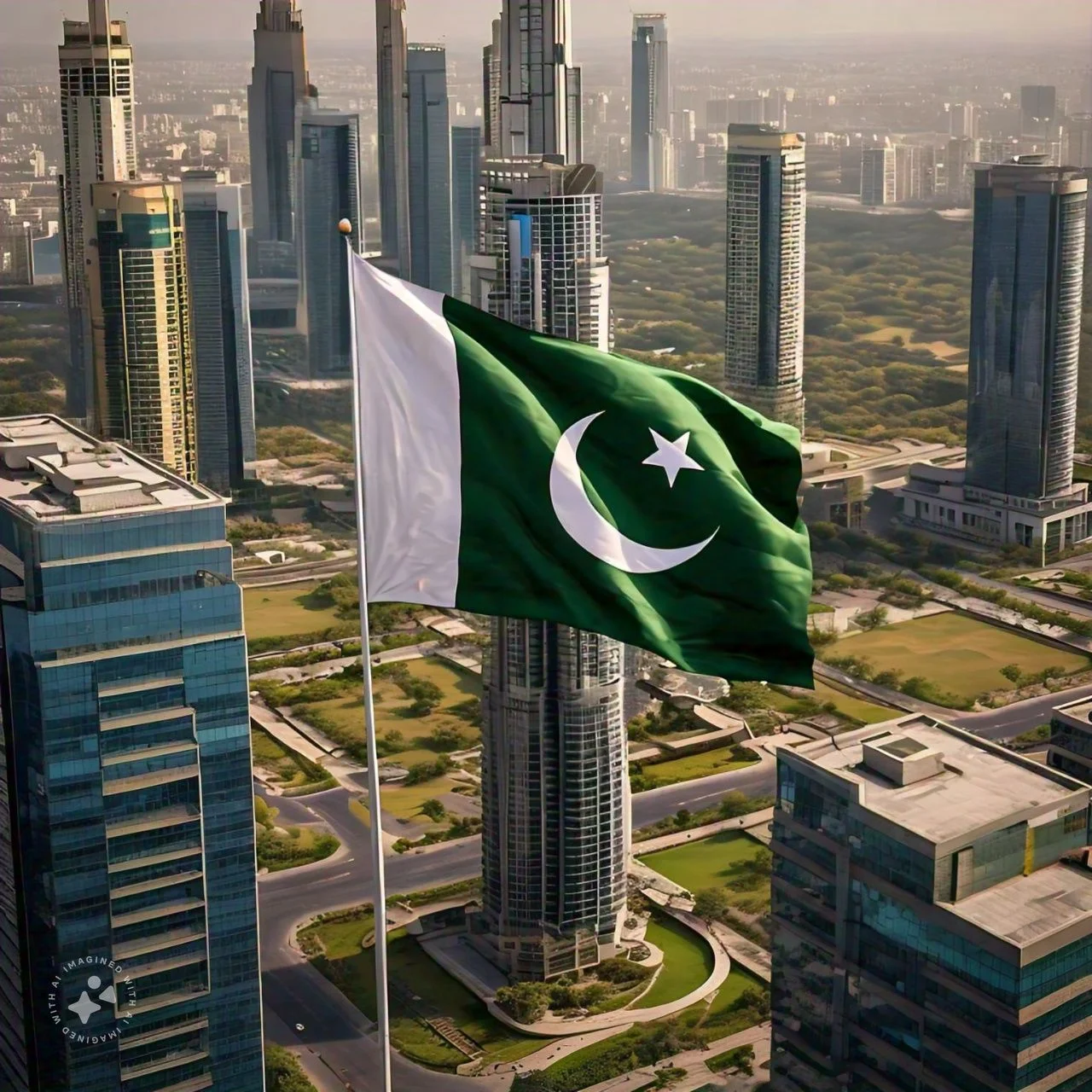Pakistan’s Renewed Crackdown on VPNs: What It Means for Privacy and Internet Freedom
Pakistan is taking another step in its ongoing battle against virtual private networks (VPNs). On August 2nd, 2024, the Pakistan Telecommunication Authority (PTA) Chairman, retired Major-General Hafeezur Rehman, announced new legislation aimed at regulating VPN use across the country. This move marks yet another attempt by the Pakistani government to control how its citizens access the internet, and it has sparked significant concerns about privacy and digital freedom.
The PTA’s Plan: Regulating VPNs
The PTA’s latest legislation aims to restrict the use of VPNs by only allowing providers that meet the government’s yet-to-be-announced criteria. Those that fail to comply will be blocked. This action follows the government’s February 2024 ban on social media platforms like X (formerly Twitter), which led to a surge in VPN usage as people sought alternative ways to access these sites.
The Pakistan Telecommunication Authority (PTA) claims that only 30% of internet users in Pakistan connect through a VPN. However, with VPNs offering obfuscated connections, it’s nearly impossible to verify these numbers accurately. Rehman stated that 56% of Pakistan’s population, approximately 97 million people, now have internet access. If the government’s estimates are correct, around 30 million people could be affected by this VPN ban.
Why the Ban? Understanding the Government’s Motivation
The Pakistan Telecommunication Authority (PTA) argues that the regulation of VPNs is necessary to protect the safety of telecom users and support the IT sector in Pakistan. However, this reasoning has been met with skepticism. The government’s efforts to control VPN usage seem more likely to be motivated by a desire to prevent citizens from evading censorship, particularly the ban on social media platforms.
The rise in VPN usage following the social media ban highlighted the lengths to which Pakistanis were willing to go to maintain their access to information. Surfshark, one of the leading VPN providers, reported a 300% increase in new user sign-ups immediately after the ban was implemented. This surge suggests that many Pakistanis see VPNs as essential tools for preserving their online freedom.
Not the First Attempt: Pakistan’s History of VPN Regulation
This is not the first time Pakistan has tried to regulate VPNs. In 2020, the Pakistan Telecommunication Authority (PTA) introduced regulations that required users to inform their Internet Service Providers (ISPs) if they were using a VPN. To continue using the VPN, users had to provide their Computerised National Identity Card (CNIC) number, explain why they were using the VPN, and specify the IP address they would be using. This invasive requirement essentially defeated the purpose of using a VPN, which is designed to protect user privacy and anonymity.
Unsurprisingly, this approach was met with resistance, and the PTA’s efforts to enforce it were largely unsuccessful. In 2022, the government tried again with a “simplified” process, but it too failed to gain traction. The latest legislation appears to be a more forceful attempt to achieve the same goal: controlling VPN usage and, by extension, the flow of information within the country.
The Broader Implications: Privacy and Internet Freedom at Risk
The Pakistan Telecommunication Authorities (PTAs) renewed crackdown on VPNs raises serious questions about privacy and internet freedom in Pakistan. VPNs are not just tools for bypassing censorship; they are also essential for protecting user data and maintaining online privacy. In a country where internet censorship is on the rise, the ability to use a VPN is crucial for those who wish to access uncensored information and communicate freely.
By regulating VPNs, the Pakistani government is effectively tightening its grip on the internet, limiting the ways in which citizens can protect their digital privacy. This move could also set a dangerous precedent for other countries with restrictive internet policies, further eroding global internet freedom.
Conclusion: A Step Backward for Digital Rights
Pakistan’s plan to ban VPNs represents a significant step backward for digital rights in the country. While the government claims that the regulation is necessary for safety and the IT sector, the real impact will be felt by millions of Pakistanis who rely on VPNs to access information freely and protect their online privacy. As the Pakistan Telecommunication Authority (PTA) moves forward with its legislation, the future of internet freedom in Pakistan remains uncertain.
More News: Tech news – Editors Pick


